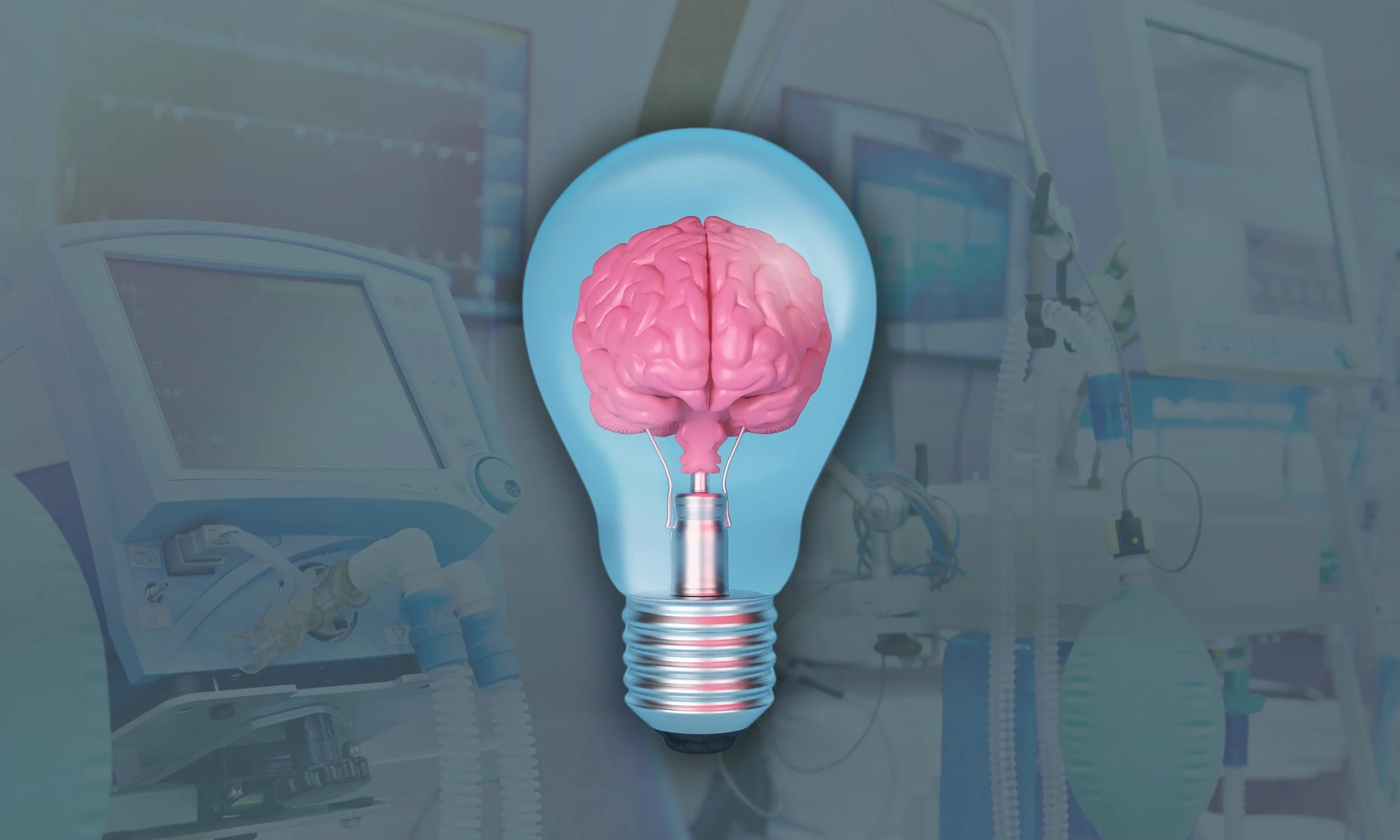As a ketamine specialist I’ve been asked, “Is ketamine an opioid?” The simple answer is “NO.” Read on as I explain why there’s some confusion regarding this.
How Does Ketamine Work?
Ketamine is a fascinating drug because it actually works on many different receptors, primarily the NMDA receptor (N methyl D aspartate), blocking activity of glutamate. In addition to this receptor, ketamine has effects on multiple receptors which might explain how this medication creates such transformational experiences in patients’ consciousness. Naturally, this makes it a very interesting drug to study. Want to learn more about the ways ketamine works to treat mood disorders like depression? Check out The 4 Mechanisms of How Ketamine Works blog post.
Why The Confusion of Ketamine As An Opioid?
One article was published about using ketamine in conjunction with an opioid receptor blocker also known as naltrexone. Researchers found that when patients were given ketamine with naltrexone, there was less of an antidepressant effect. Here’s the thought process that followed: if ketamine’s effect was decreased with an opioid receptor blocker, then it must be an opioid.
However, another pilot study from the JAMA Psychiatry looked at the combination of naltrexone and ketamine found that pre-treatment with naltrexone had no effect on ketamine’s antidepressant effect. Furthemore, they found that it may actually be a benefit for those who have a combined alcohol use disorder with depression.
Can you see how this led to some confusion? Ketamine works on many receptors (including some minor effects of the opioid receptor). But the evidence shows that it works on primarily the NMDA receptor and is not a true opioid.
Ketamine Is Not An Opioid
To bottom-line it for you, ketamine is a complex drug working on multiple receptors in the human body and brain. It would be incorrect to classify it as an opioid. Ketamine does stimulate the opioid receptor slightly, while the majority of the effect of ketamine is on the NMDA receptor.















Learn how ketamine therapy affects PTSD, when it may worsen symptoms, and how alternatives like the stellate ganglion block can offer relief.